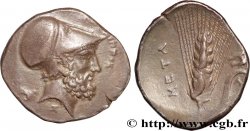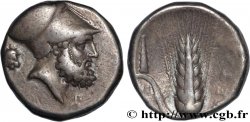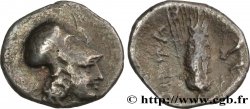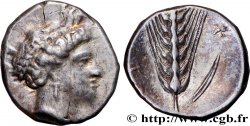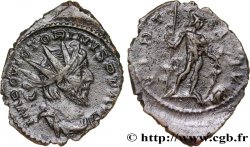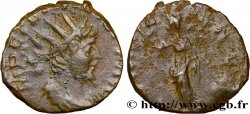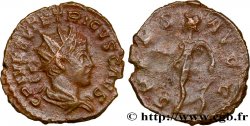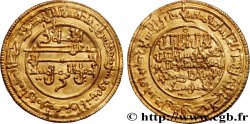v41_0023 - LUCANIA - METAPONTUM Sixième de statère ou diobole
MONNAIES 41 (2009)
Starting price : 195.00 €
Estimate : 300.00 €
unsold lot
Starting price : 195.00 €
Estimate : 300.00 €
unsold lot
Type : Sixième de statère ou diobole
Date: c. 330 AC.
Mint name / Town : Métaponte
Metal : silver
Diameter : 11 mm
Orientation dies : 11 h.
Weight : 1,21 g.
Rarity : R2
Coments on the condition:
Exemplaire sur un petit flan, bien centré des deux côtés. Très beau portrait d’Athéna. Revers de style fin, bien venu à la frappe. Jolie patine grise avec des reflets dorés
Catalogue references :
Obverse
Obverse legend : ANÉPIGRAPHE.
Obverse description : Tête casquée d’Athéna à droite, coiffée du casque corinthien.
Reverse
Reverse description : Épi de blé sur sa tige à gauche ; dans le champ à droite, une corne d’abondance.
Reverse legend : META
Reverse translation : (de Métaponte).
Commentary
Sur cet exemplaire, la corne d’abondance est stylisée. Notre exemplaire est à rapprocher des dioboles 21f et 21g de la planche 20 de l’ouvrage de Johnston consacré à la fin du monnayage de Métaponte.








 Report a mistake
Report a mistake Print the page
Print the page Share my selection
Share my selection Ask a question
Ask a question Consign / sell
Consign / sell
 Full data
Full data